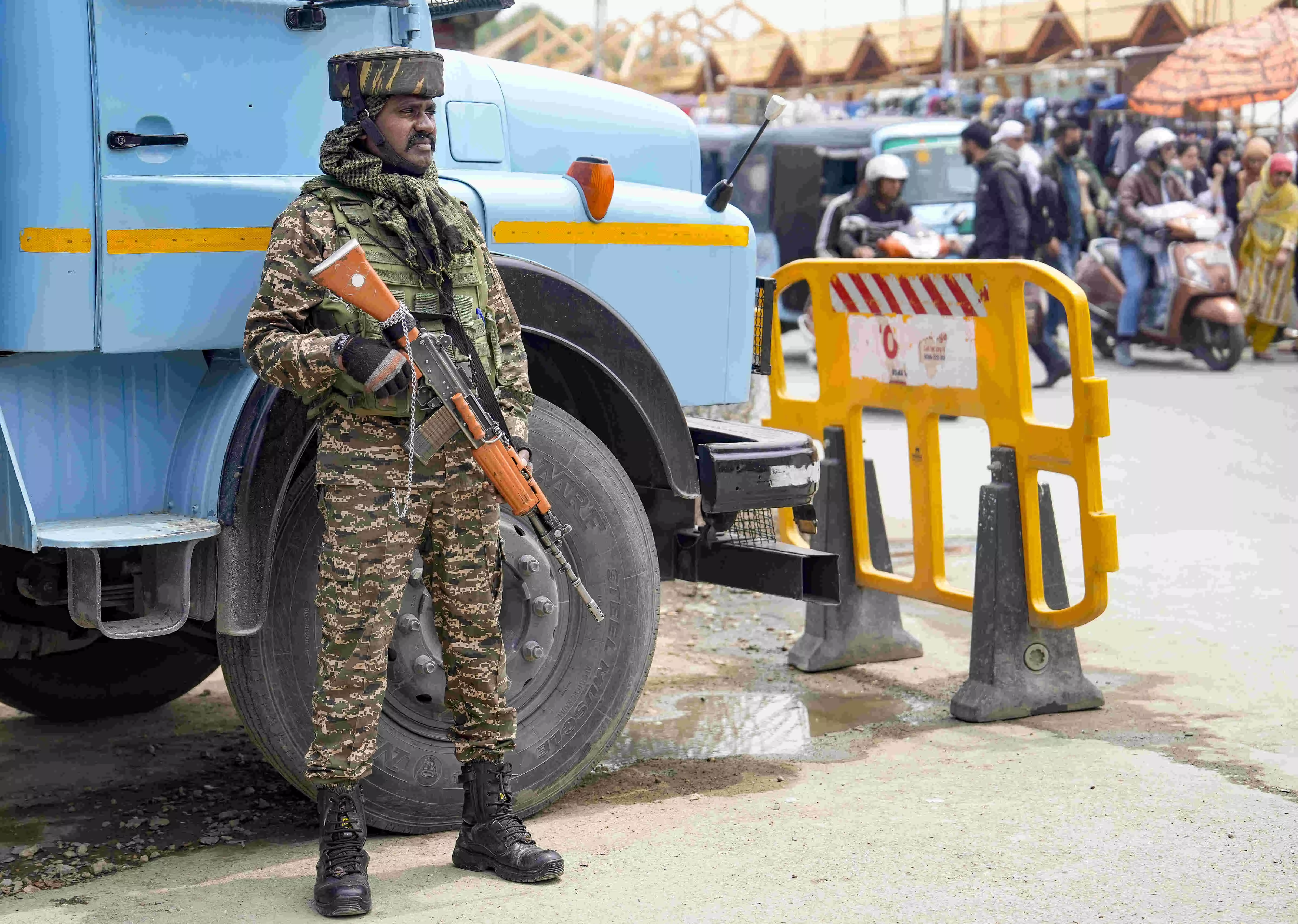Pakistan Needs to Step Back

In a region fraught with historical baggage and trust deficits, Pakistan’s latest misadventure with India is threatening to spiral into a full-scale conflict—possibly the fifth war between the two nuclear-armed nations. International observers, from diplomats to defence analysts, are unequivocal in their view: the time has come for Pakistan to step back. The cost of escalation is far too steep, not only for regional stability but also for Pakistan’s own survival. This is not a call to surrender, but rather a call for wisdom. At a time when global economies are interconnected and conflict triggers catastrophic ripple effects, jingoism and military bravado are no longer tenable strategies. Yet, in the wake of Operation Sindoor and India’s response to the Pahalgam terror attack, the Pakistani establishment has taken refuge in an old, dangerous playbook—denial, deflection, and threats of nuclear retaliation. This pattern, we’ve seen before, only isolates Pakistan further on the global stage. It damages its already teetering economy, emboldens its extremist elements, and exposes its civilian population to the horrors of avoidable suffering. It is becoming increasingly clear that Pakistan’s political and military elite are playing to a domestic gallery, relying on manufactured outrage and conspiracy narratives to stay afloat. From appeals for international intervention to nuclear sabre-rattling, the signals coming from Islamabad reflect desperation, not strategy. In reality, the world has grown weary of this pattern. The support Pakistan once expected in international forums is dwindling, and even traditional allies are urging restraint behind closed doors. The truth is, the Pakistani people deserve better. Decades of military interference in politics, state sponsorship of non-state actors, and squandered economic reforms have left the country fragile and fatigued. This is not a nation that can afford war—not militarily, not economically, and certainly not morally. A prolonged standoff or worse, a limited or full-blown conflict with India, would set Pakistan back by decades. Its economy is already on life support, dependent on IMF bailouts or handouts from Russia, the United States and China, in that historical order. Any military escalation would send investor confidence into a freefall and unleash a humanitarian crisis that no neighbour or international body can fully contain.
India, for its part, has adopted a doctrine of calibrated response and precise military targeting. It has made it clear that terrorism emanating from across the border will be met with decisive force. However, there is still room for diplomacy, provided Islamabad is willing to come clean and course-correct. But that window is shrinking rapidly. Every provocation, every lie amplified on state media, every veiled threat of a nuclear strike, pulls Pakistan further away from the global order and deeper into isolation. For once, Pakistan’s leadership must break this pattern. Not for India’s sake, but for its own. The bravado must give way to realism. Dialogue, not defiance, must take center stage. It is not a loss of face to admit that peace is preferable to conflict—it is, in fact, the only rational stance in a nuclear neighbourhood. The longer Pakistan clings to its delusions of parity and imagined moral victories, the greater the toll on its future. Pakistan has a choice. It can escalate, provoke, and gamble with annihilation. Or it can take the high road, acknowledge the need for course correction, and begin the hard work of rebuilding itself—from within and in relation to its neighbours. The world is watching, and history will remember what path it chose.



